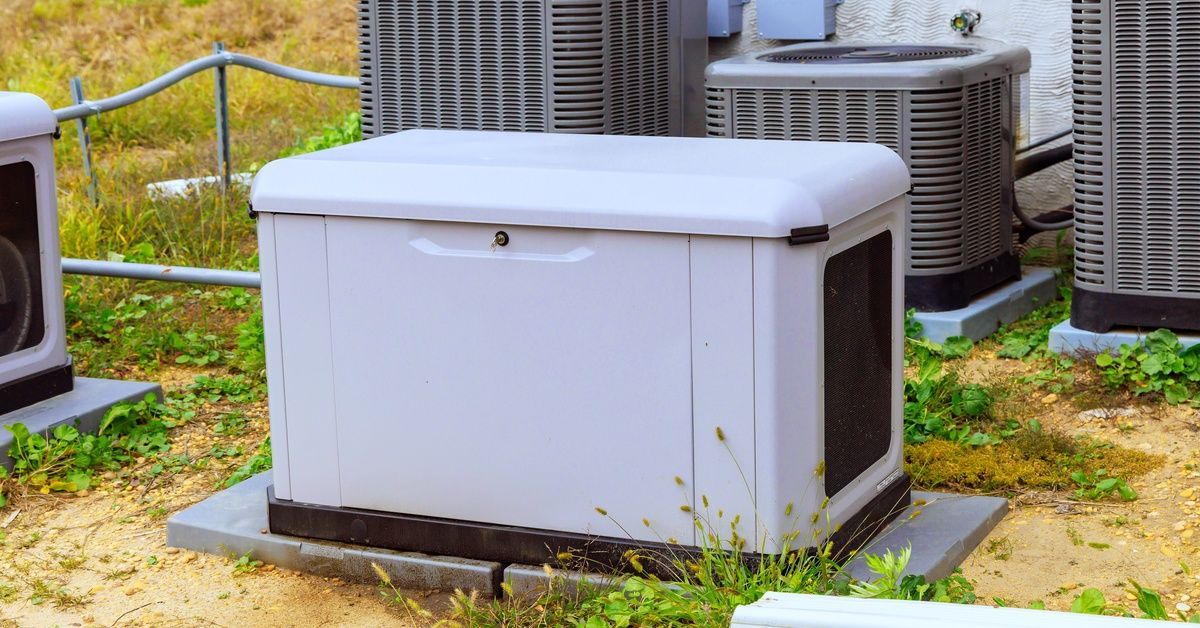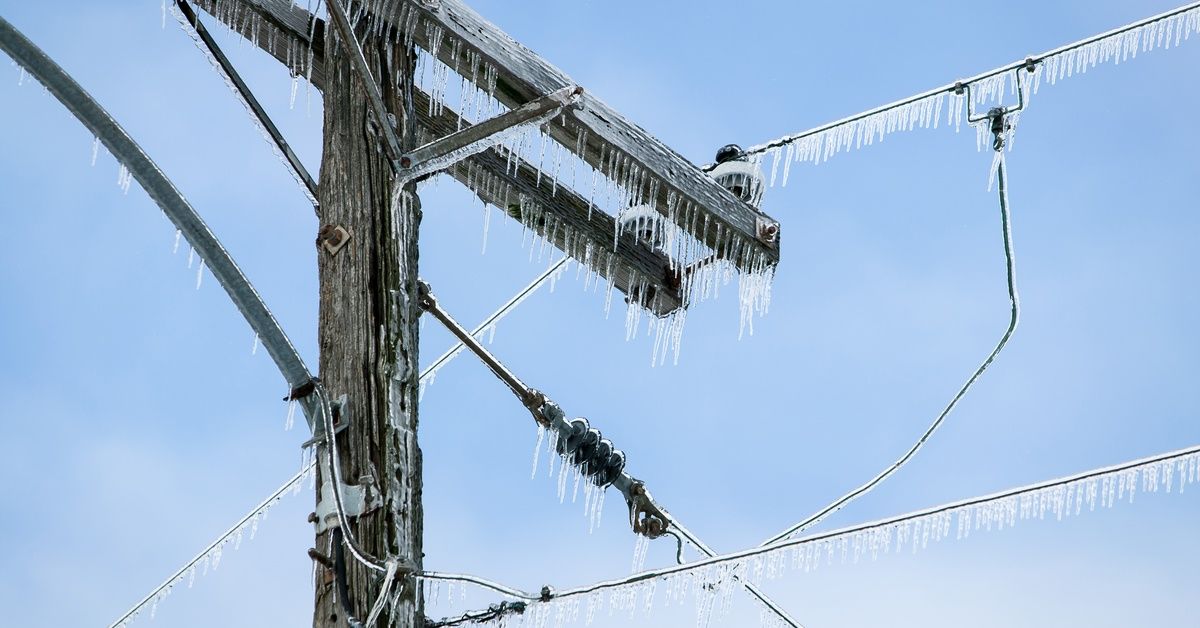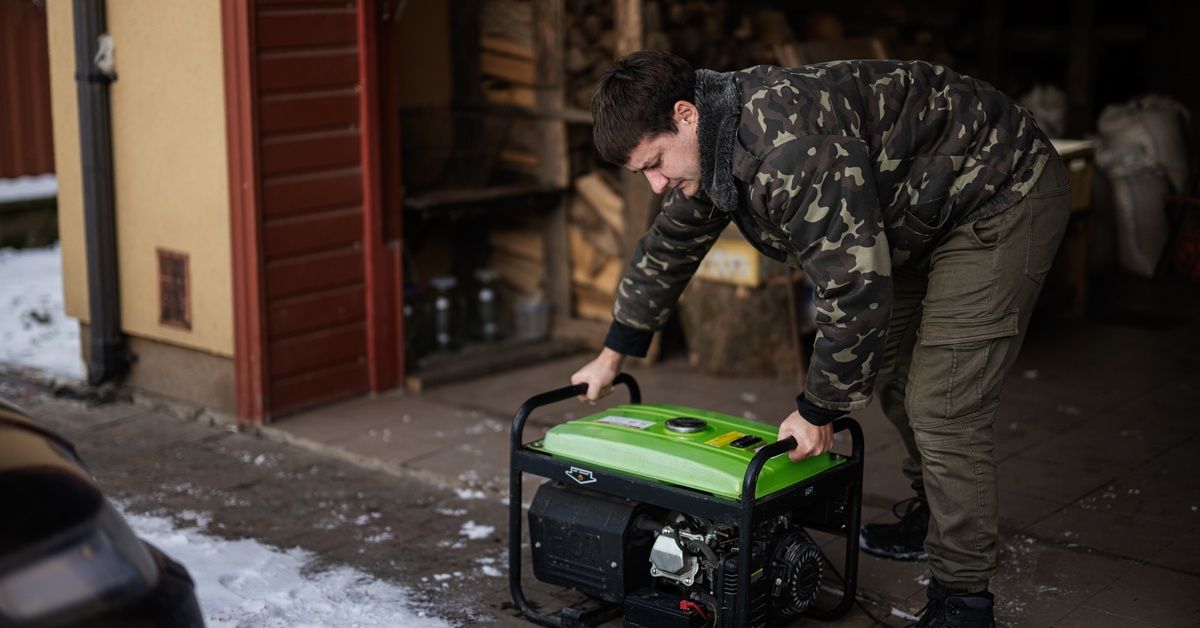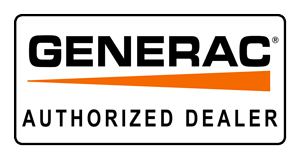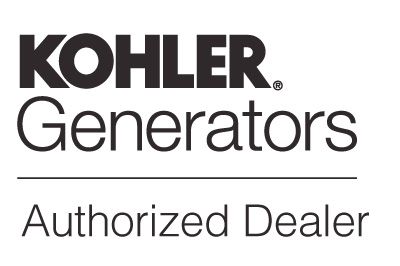Portland Code Requirements for Home Generator Installation
Home generators are incredible assets for maintaining power during outages, but installing one in Portland involves adhering to strict regulations. Understanding Portland code requirements for home generator installation is essential to ensure safety, compliance, and a smooth setup process. This blog covers the key steps and considerations for homeowners in Portland.
Permits Are Nonnegotiable
Portland requires several permits to install a home generator. These include building, electrical, fire, plumbing, and mechanical permits, all of which you must obtain prior to installation. You can apply for permits online through the Portland Permitting & Development (PP&D) system or by scheduling an in-person appointment. Each permit ensures the installation meets local safety and zoning regulations.
It’s critical to have your site plan ready when seeking permits. It should clearly show the generator’s intended location, dimensions, and distance from property lines or structures. The city mandates that outdoor generators be housed in enclosures that protect them from weather, vandalism, and mechanical damage. Indoor installations involve specific requirements, such as a two-hour fire-rated separation from adjacent spaces.
Adherence to National Standards
Generators in Portland must comply with the National Electrical Code (NEC) and the National Fire Protection Association (NFPA) Standards 110 and 111. These codes dictate the safe installation, operation, and maintenance of emergency and standby power supplies. Notably, Portland categorizes all installations for emergency or required standby power as Level I equipment, which means they must adhere to the highest safety standards.
Transfer switches, a crucial component of generator systems, must be listed for their intended use. These switches should also be housed in appropriate enclosures to ensure they remain protected and functional under various conditions.
Fuel Type and Placement
Fuel selection is another significant element to consider. Home generators frequently use diesel and natural gas. Natural gas, however, has restrictions; it can only serve systems such as accessible egress elevators and smoke control fans. Diesel systems require a separate permit for tank placement, approved by the Fire Bureau.
The location of your generator is equally important. Outdoor generators must conform to Title 33 Planning and Zoning requirements, which include guidelines for setbacks and noise control. Generators placed in open parking structures must follow similar outdoor installation rules, and rooftop generators must have a two-hour separation from nearby uses or structures.
Inspections and Maintenance
After completing the installation, thorough inspections are mandatory. The PP&D residential inspections team will review the work to ensure compliance with all applicable codes. Regular maintenance and timely repairs, such as those provided by professionals specializing in generator repair in Portland, Oregon, further ensure your generator remains operational and safe in the long run.
Making the Right Selection
Adhering to Portland code requirements for home generator installation simplifies permitting and protects your home from costly mistakes or safety hazards. By following the city’s guidelines, you not only ensure your generator functions as intended but also maintain the integrity of your property. For a hassle-free experience, work with licensed contractors familiar with Portland’s requirements, and safeguard your home for the future.

